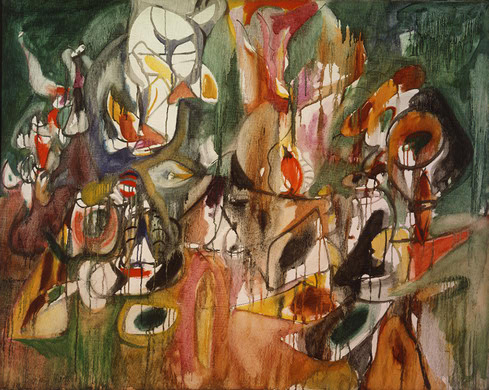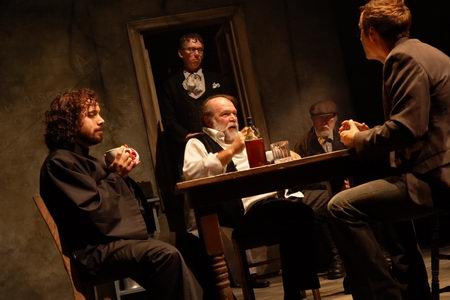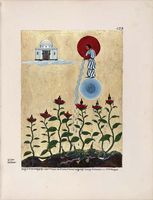There is a continuum with two extremes.
| Its all in the dialogue between the couple Education is the main focus. |
____________________________________ | Its all in the safety of the relationship with the therapist. The therapeutic relationship with each partner and the relationship is the main focus. |
Of course it is both, I doubt anyone holds the extreme positions. However it is an interesting question as to when one of these aspects needs to be to the fore.
This discussion with Rick & Sherry Stolp addresses this question very well, among other things.
__________________________________________________
Later : Saturday, 6 October, 2012
I have further clarified that there are some criteria that indicate readiness for dialogue. The ability to move from adversarial positions is required for a dialogue. We do not want to foster something that is dialogical in form but adversarial in essence. As dialogues involve mirroring, the psychodrama principle that doubling comes before mirroring comes into play.
The therapist may be needed to double the couple for some time. Longer work is indicated for them to get to the dialogue stage.
__________________________________________________
Later: Sunday, October 17, 2010
About 20 minutes into the audio they talk about research based on ideas of “Duncan & Miller” on outcome research. http://www.talkingcure.com.
They now have separate websites:
Scott D Miller
http://www.scottdmiller.com
http://www.centerforclinicalexcellence.com
Barry Duncan
http://www.heartandsoulofchange.com
http://www.whatsrightwithyou.com
I’ve made another post on Outcome research here.






